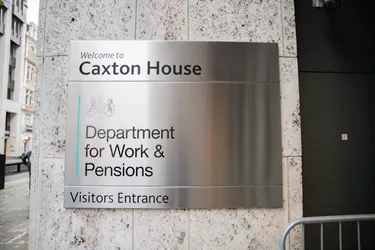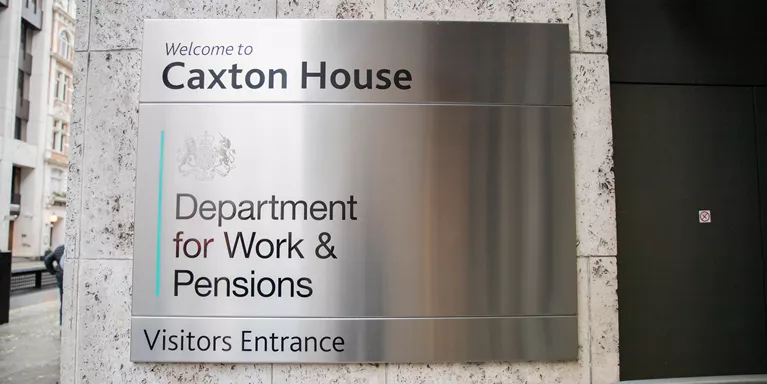Why the WCA isn't working
Following his resignation from the Government's review panel for the Work Capability Assessment, our Chief Executive Paul Farmer blogs about the damage the process is doing to the lives of people with mental health problems.
At Mind, we follow a simple model of how we work - we listen to what people with mental health problems are telling us, and then we seek to influence change so that people’s lives can be improved.
For the last couple of years, the issue of welfare reform has consistently been an important issue for people with mental health problems. And one aspect in particular has dominated: the Work Capability Assessment (WCA).
It’s worth remembering that the WCA was initially conceived before the recession, when this country was estimated to be within a year of achieving full employment. Even in those early days, we urged caution as we had real concerns about how a new system would apply.
It’s in everybody’s interests to get this right. When around 40 per cent of people on Incapacity Benefit have a mental health problem, it makes sense to design the new system so it can properly assess the needs of people with mental health problems.
In July 2010, I joined a the Harrington Scrutiny Panel, which was set up to oversee the work of the WCA Independent Review team. My role was to give advice and criticism regarding the areas the reviewer was looking at and the changes they are recommending.
The DWP has committed to making some changes arising from the Independent Review, but these will take time, and some fundamental changes required haven’t even started to be addressed.
Meanwhile, tens of thousands of people are being reassessed using a test which is still not fit for purpose. Around 50 per cent of people are appealing against the decision, and a remarkable half of those appeals are being upheld, meaning that as many as one in four tests are wrong. The cost to the taxpayer of the tribunal system alone is £50m, around a half of the £100m a year being spent on reassessment.
I spent some time last week at Mind’s Infoline. Call after call was coming in from individuals with a mental health problem, or a member of their family, anxious about the reassessment letter, concerned about having to appeal and the potential impact on their lives. We’ve heard about Job Centres who are shocked when someone who is clearly unwell turns up having been told that they are fit for work.
The callers to our line were not benefit scroungers – they were ordinary people whose health had put them in a very vulnerable state. Ordinary people desperate to recover and be able to work, but who just weren’t yet well enough. And instead of offering support and help to recover and then find and stay in work, the WCA process is making their health worse and so, ironically, the prospect of a job even less likely.
The time has come to call a halt in the reassessment process until real changes are made. It’s damaging people’s lives. It’s costing the taxpayer a fortune. And it certainly isn’t fulfilling its purpose of supporting people with mental health problems on their journey back to work.
This Government has some good aspirations on mental health set out in an excellent Mental Health Strategy - it’s seen the importance of good mental health to the country and it’s acknowledged the high cost of poor mental health. But when it comes to benefits and supporting people out of work to get back into work, the DWP is letting people down.
I have taken the decision to leave the Harrington Scrutiny Group. Our concerns about the reality of the WCA have grown, but we see insufficient recognition of the need to change the approach, and the need to do so quickly, before more and more people are subjected to a process which isn’t working.
Mind will continue to campaign on improving the WCA until people with mental health problems get the support and respect they deserve. I hope the Department will hear these concerns and act upon them.
Update (4 April):
Some reports have suggested that Paul was asked to stand down. It is true that DWP officials had asked him to re-consider his position, but there was no reason he could not have continued to sit on the panel.
Paul came to his own conclusion that he no longer wanted to be part of the review. He resigned via a letter to Chris Grayling which clearly set out his reasons for doing so.
If you're worried about your situation, our infoline team can help you find personalised welfare advice - 0300 123 3393 / [email protected].

Our campaigns
We'll fight your corner. We believe everyone with a mental health problem should be able to access excellent care and services. We also believe you should be treated fairly, positively and with respect.
Share your story with others
Blogs and stories can show that people with mental health problems are cared about, understood and listened to. We can use it to challenge the status quo and change attitudes.

















